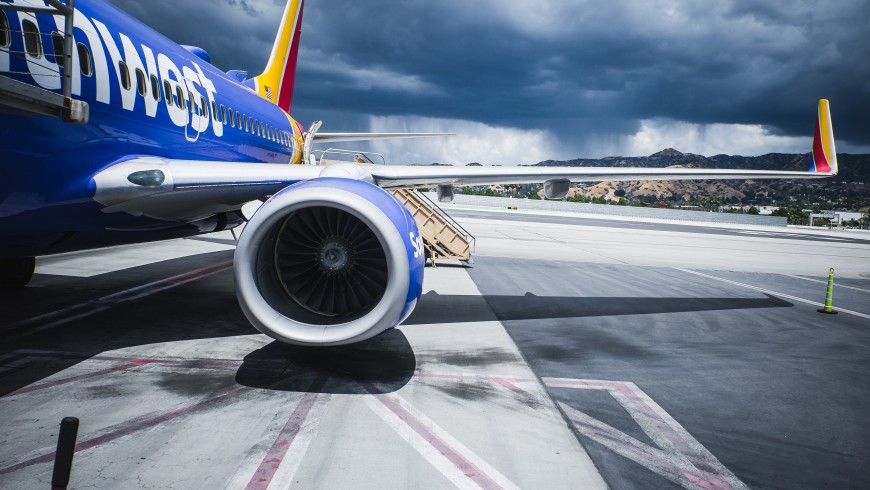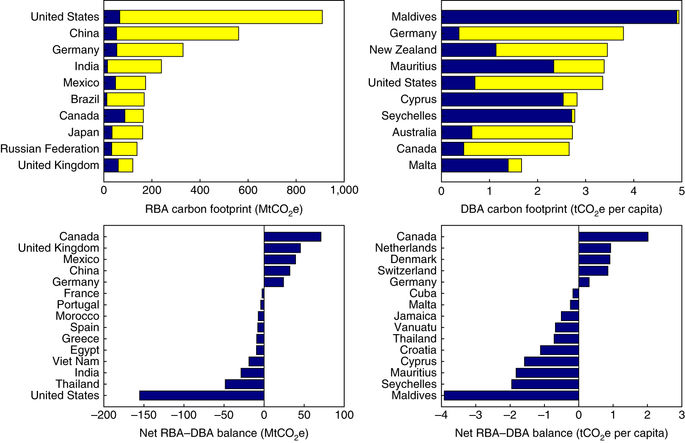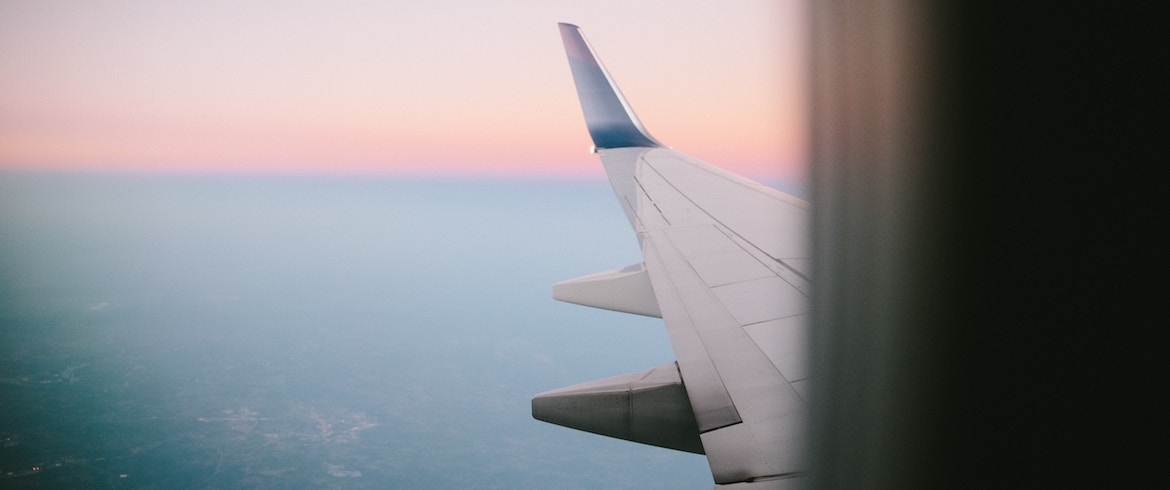A study on a global scale tells us that there is still much to do: tourism pollutes much more than estimated, it’s responsible for 8% of global greenhouse gases emissions, thus contributing significantly to climate changes that are destroying the environment and the planet.

The study “The carbon footprint of global tourism“, conducted by the Integrated Sustainability Analysis supply-chain research group of the University of Sydney, was recently published ; for the first time it investigated the ecological footprint of tourism at a global level, precisely in 189 countries, quantifying not only the emissions of hotels and infrastructures, but also including all the factors related to our holidays, such as maintenance of facilities, food and souvenirs.
The conclusion is alarming: between 2009 and 2013, the global carbon footprint of tourism has increased from 3.9 to 4.5 Gt of CO2, thus reaching almost a tenth of global greenhouse gas emissions. Air travel is responsible for 12% of the total emissions of the sector, but every decision we made during the holidays has an important effect on the environment. The biggest impacts of world tourism are in small islands and in ski resorts: paradises like Maldives, Seychelles and Mauritius will be more and more affected by its emissions.

The future of tourism
We can not and must not give up tourism, just think that it is worth more than 7 trillion dollars and one person out of ten works in the industry, not to mention how significant the experience of travel is for man. But it is increasingly evident how necessary it is to change the way we travel and how important the work we are doing with Ecobnb is. Sustainable tourism is a viable alternative that we must embrace, flying less and supporting activities and those who are committed to fighting the emission of greenhouse gases.
